
Fresh Times – Edition 2, 2020
Freshfel Europe collects this information from different sources to the best of its knowledge. Freshfel Europe is in no way responsible for the content of the articles used. For any questions or further information, please contact the Association’s Secretariat.
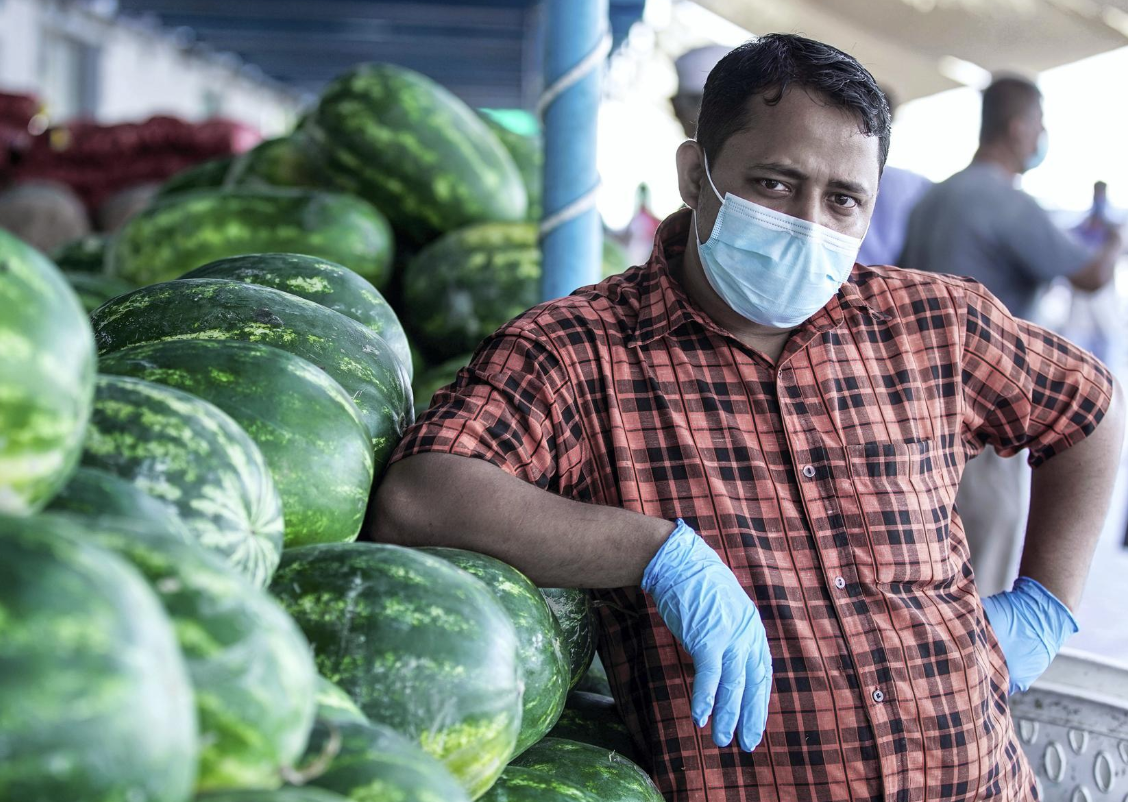
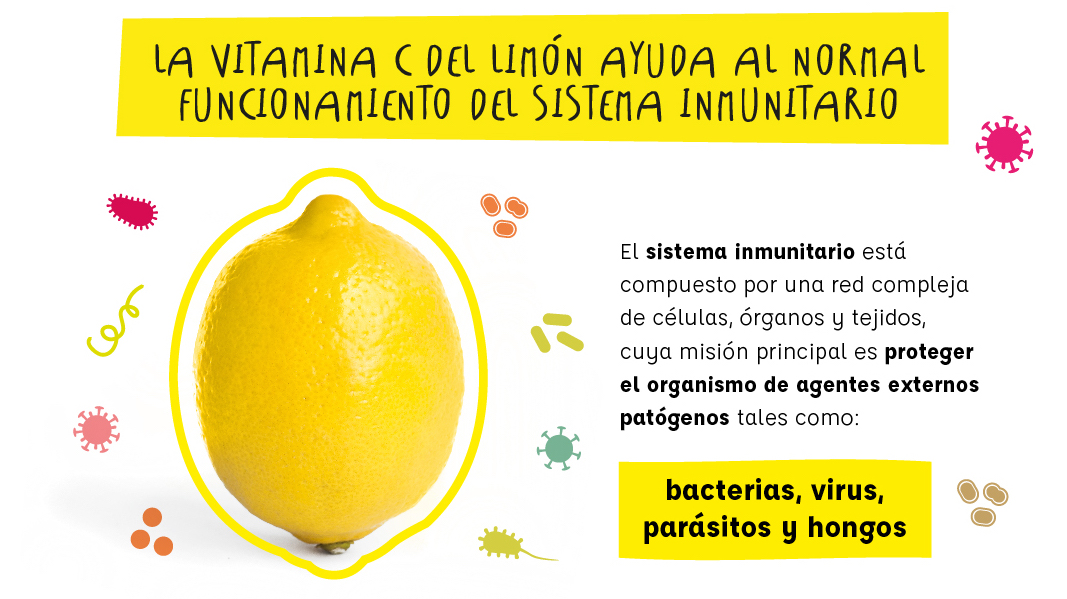
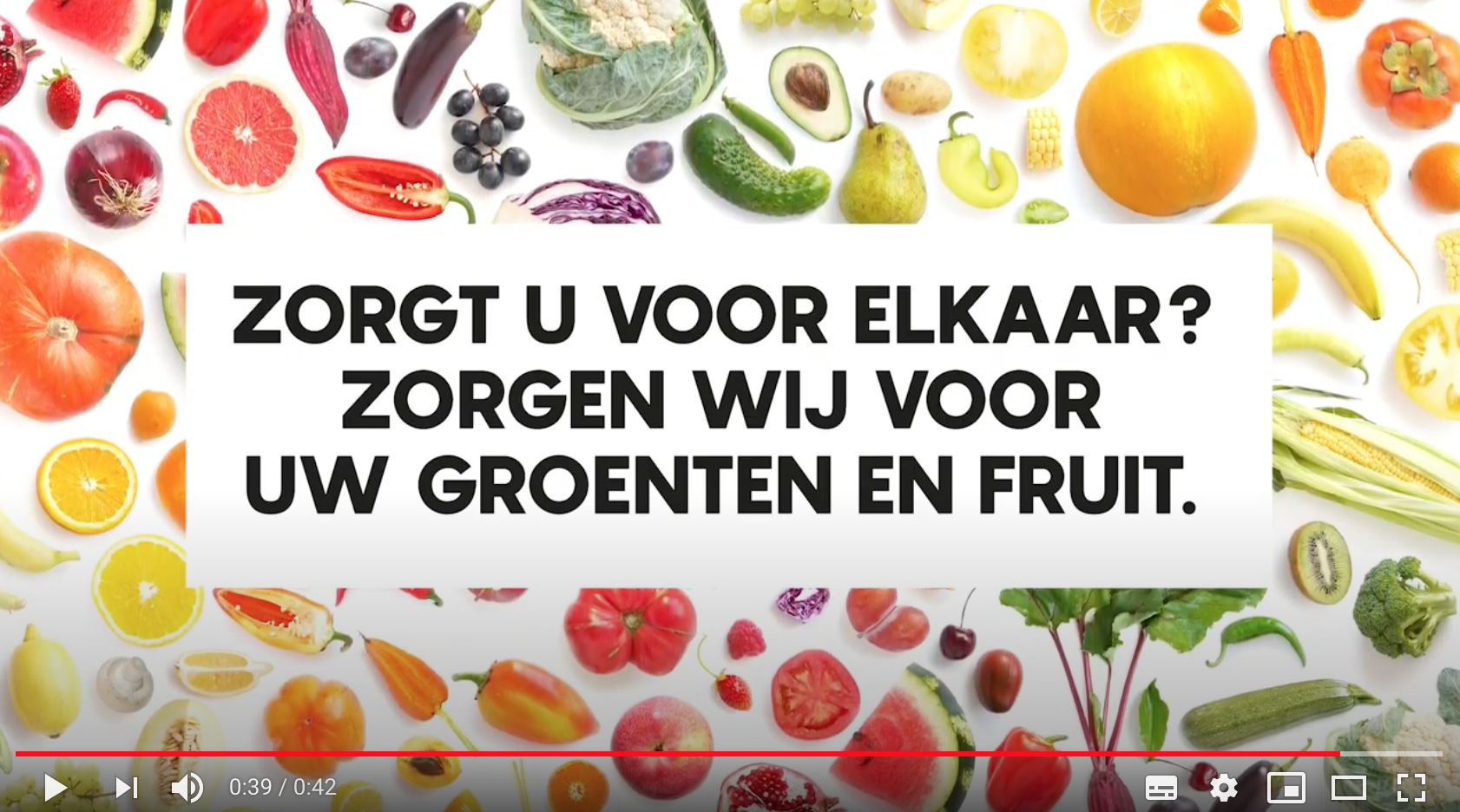

Editor’s Note: COVID-19 adaptations
The world has changed since the last publication of the Fresh Times in February. Home confinement, restricted travel and social distancing are all part of the daily life amid the global COVID-19 pandemic. This has created new and unique challenges for the fresh fruit and vegetable sector, which over the last few months has had to adapt and re-adapt as the pandemic and government measures evolve. This issues looks at different ways the sector has continued to promote and supply fresh fruit and vegetables to consumers during the pandemic. The next edition of the Fresh Times will be published June – stay safe and healthy in the meantime!
Spain: Immune system boost
With much of the population in home confinement with limited or no out-of-home consumption options, many people have become increasingly interested in home cooking and the ingredients they are using. In particular over the last few months there has been increased interest in healthy fresh ingredients, such as citrus, that play a vital role in maintaining good nutrition and health. Ailimpo has answered this call by providing fact sheets on the immune boosting properties of lemon and grapefruit. In particular the fact sheets focus on Vitamin C intake as well as the other nutrients and minerals provided in the products.
The Netherlands: Look out for each other
Amid the COVID-19 pandemic GroentenFruit Huis has released a new campaign ‘Are you looking after each other? We take care of your fruit and vegetables’. The aim of the campaign is to highlight the importance of the workforce in the fruit and vegetable supply chain, and that their continued hard work and availability means that consumers can choose from the full range of their normal fresh produce products. As part of the 6-week campaign a catchy commercial was aired on radio and television and advertisements were placed in print publications. A toolbox of media material has also been made available for further dissemination.
Belgium: Royal visit
During the COVID-19 pandemic ports have been vital logistics hubs in the fresh fruit and vegetable supply chain. The Port of Antwerp is no exception, which has remained fully operational throughout the COVID-19 pandemic ensuring that consumers in Belgium and Europe have been continually supplied with fresh fruit and vegetables. The port was classified as ‘essential national infrastructure’ in Belgium and due to its importance His Majesty King Philippe visited the port, including the MPET terminal, to thank the Port’s 60,000 workforce. The Port of Antwerp highlighted the King’s visit in a press release and publicised his gratitude at the port’s efforts during the pandemic.
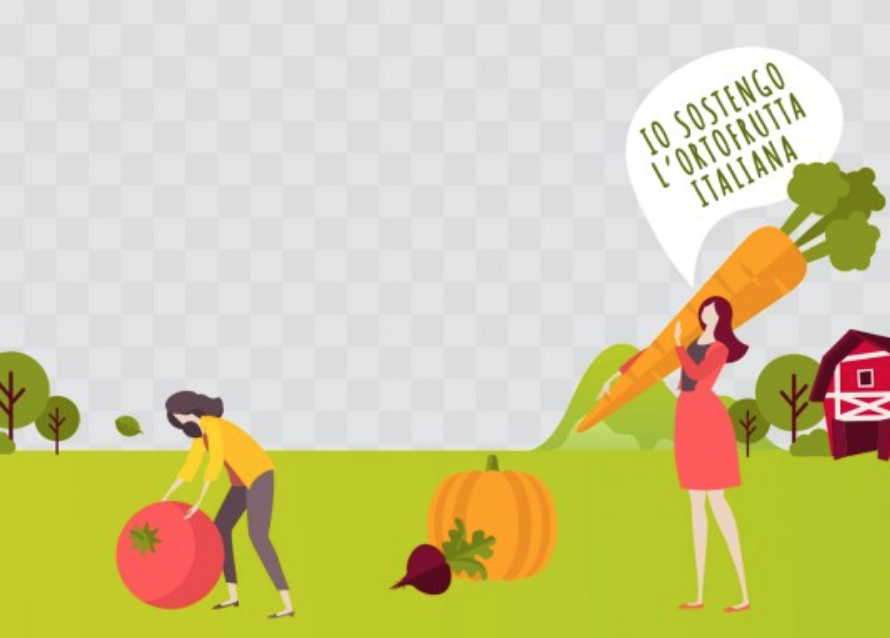
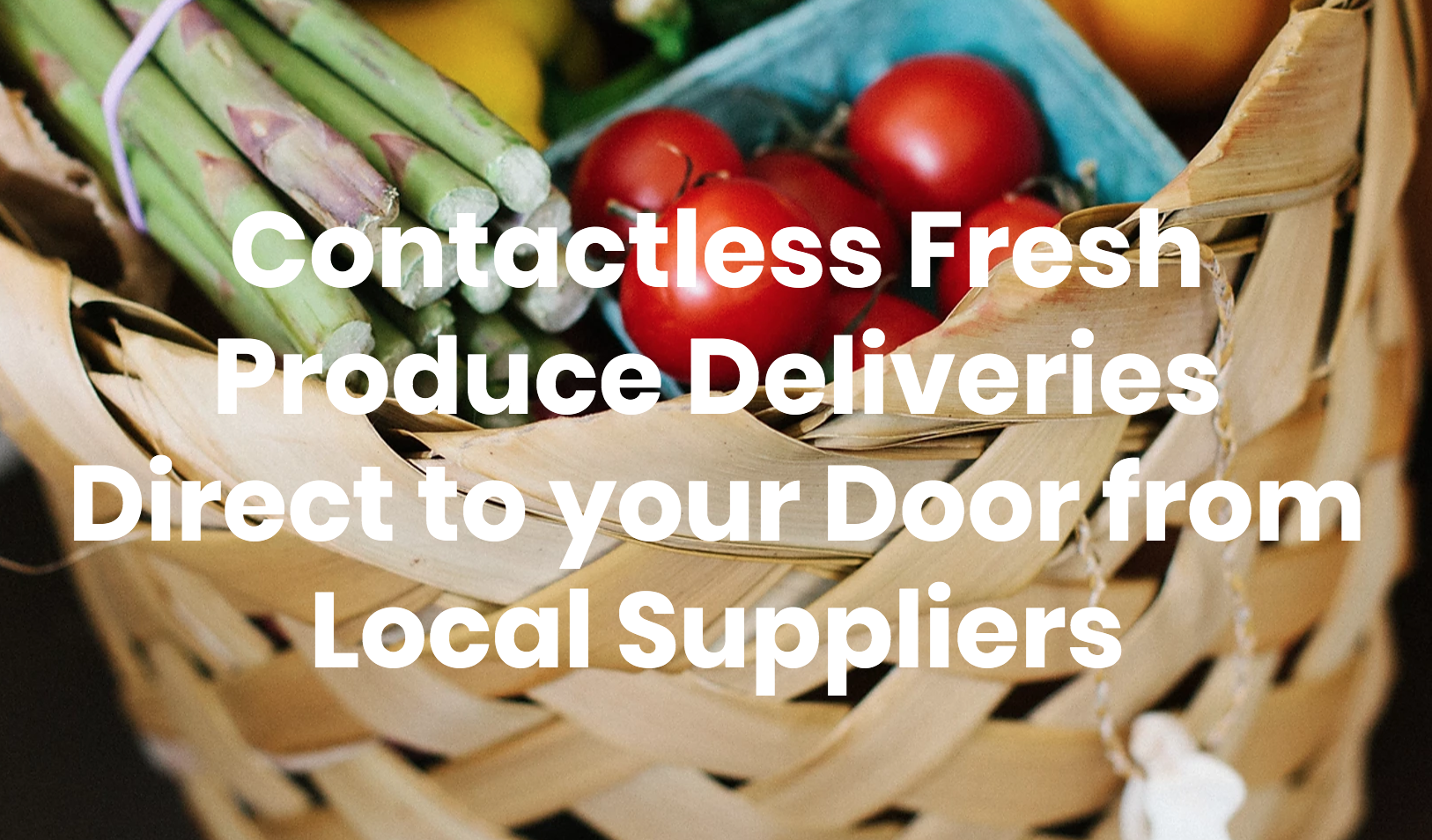
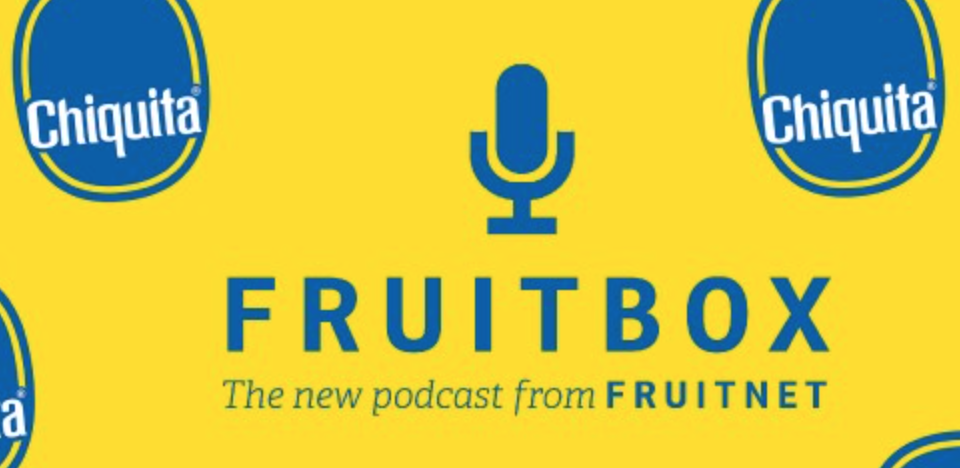
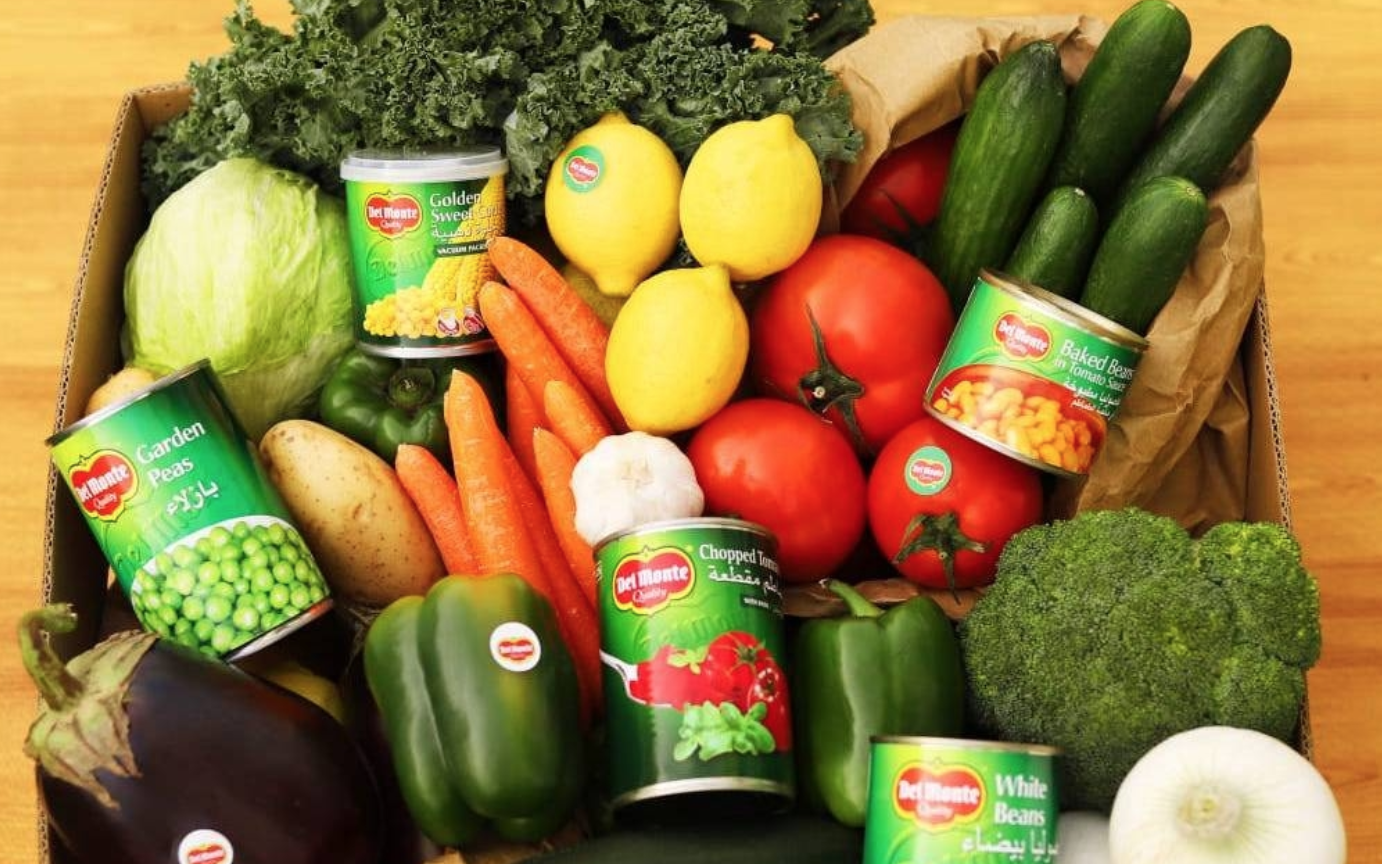
Italy: Safe F&V
At the beginning of the COVID-19 pandemic there unfounded concerns circulated about the safety and fresh produce consumption regarding virus transmission. In response, and to increase consumer confidence, the Italian national association ‘Le donne dell’ortofrutta’ ran a social campaign called ‘I support Italian fruit and vegetables’. The aim of the campaign was to disseminate the message that they quality and safety of produce, and especially Italian fresh produce, is not affected by COVID-19. This message was also being reinforced by EFSA. A filter was disseminated on Facebook and Instagram to spread the campaign message and obtained thousands of supporters across Italy and abroad.
UK: On your doorstep
Throughout much of Europe COVID-19 measures have spelt the closure of the foodservice industry. This has highly impacted many actors in the fresh fruit and vegetable supply chain who are reliant on this usually stable market. To reach new customers and fill the food service gap, the Fresh Produce Consortium created a new online platform Onyourdoorstep.shop, which matches suppliers of fresh produce with new customers. Over 80 suppliers have registered and the site has had over 20,000 visits already. The site provides a free of charge service and suppliers connect with customers in areas of the UK in which they can deliver.
Europe: Chiquita on Fruitbox
In March 2020 ‘Fruitbox’ was launched by Fruitnet Media International to broadcast keynote interviews and expert analysis from across the global fruit and vegetable business. Many episodes since its launch have featured COVID-19-related content. For example in April Fruitbox featured Barbara Galli, global marketing and communication lead at Chiquita Brands International on how the brand is adjusting its advertising strategy amid the pandemic. In the podcast episode Ms Galli explained that Chiquita had to immediately refashion original plans to reflect the new reality of the consumer life in home confinement, and send Miss Chiquita home of course!
MENA: Fresh e-commerce
E-commerce and the digitalization of trading have had a slow uptake in the fresh fruit and vegetable sector until very recently. The COVID-19 pandemic has compelled many actors used to traditional sales to transform their trading reality to the world of online commerce due to the closure of wholesale markets, foodservice and some retail outlets. In the Middle East and North Africa Fresh Del Monte have launched a new e-commerce store so that consumer can access the brand’s fresh products. With same-day delivery offered to orders placed by 12 noon, the new store allows consumers to buy fresh as well as processed fruit and vegetable products.

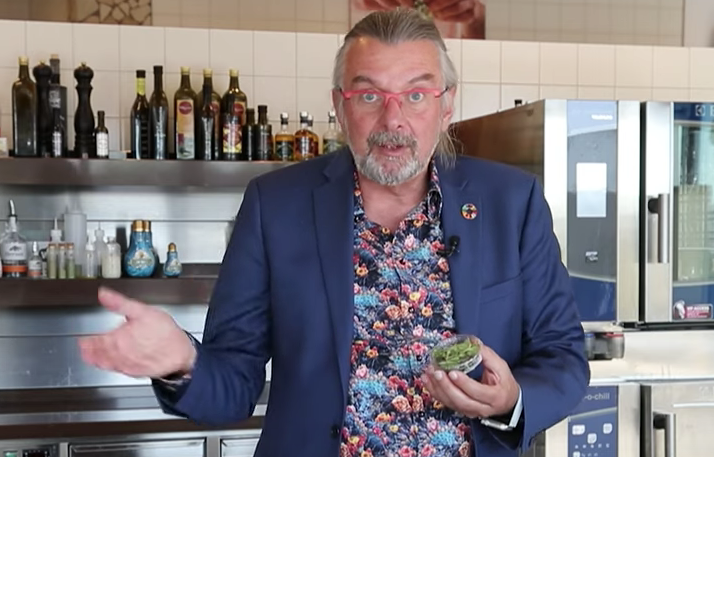
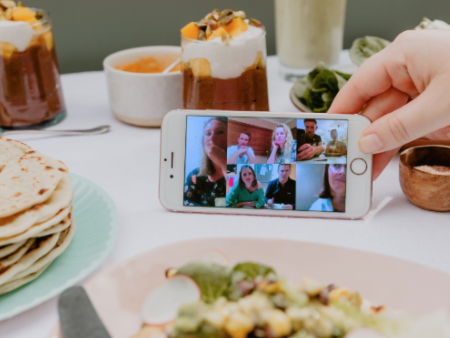
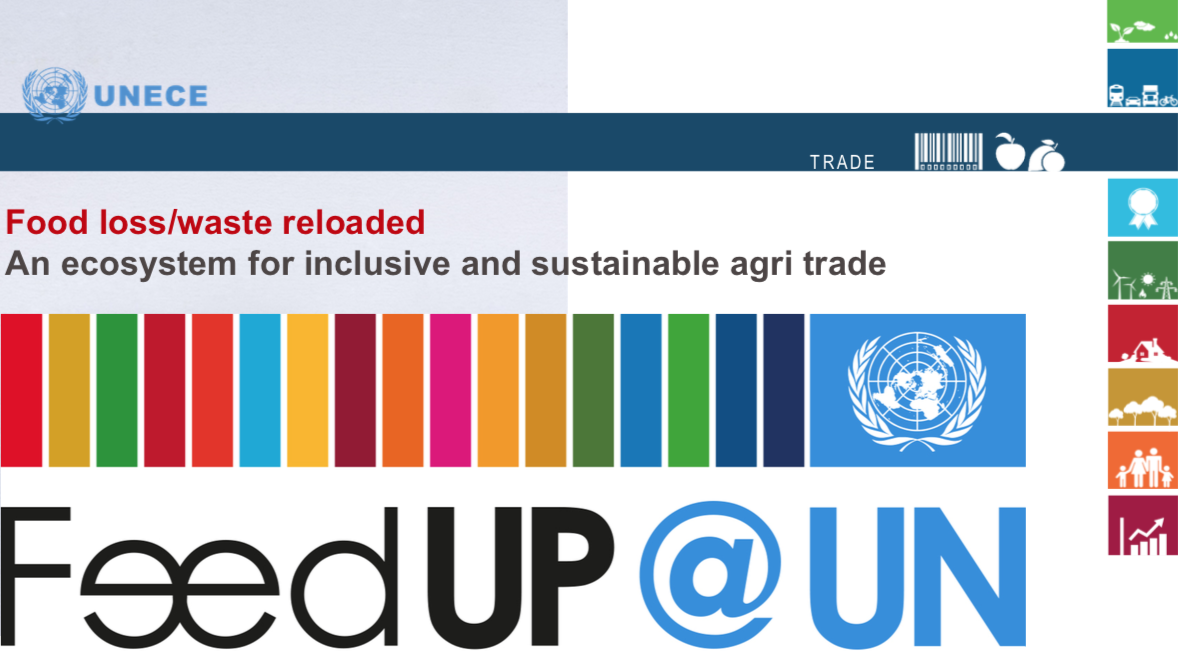
Spain: Watermelon TV star
In normal circumstances the watermelon season would be kicking off before summer holidays truly begin. However, this season with most families in home confinement across Spain UNICA has launched a fully televised and online promotion campaign for its Freshquita seedless watermelon to connect with consumers. The 20-second television advertisement will appear in top-rated programmes to alert consumers of the watermelon’s health benefits and availability. Additionally the campaign is being featured on social media where a contest will be held to encourage consumption and blogger, food technologist and nutritionist Aitor Sánchez will be promoting consumption through live shows on his Instagram account.
The Netherlands: Bring out the cress
Fresh fruit and vegetable products that usually predominantly cater for foodservice have had to completely rethink their customer base amid the COVID-19 pandemic. The near complete closure of the foodservice industry has compelled many to reformat their products for new clients in order to continue business. Koppert Cress has done exactly that. Usually supplying restaurants, Koppert Cress is now looking at new ways of encouraging consumers to add cress to their home cooked meals. In their April YouTube video, Rob Baan explains how cress can be used on dishes at home to achieve restaurant quality and demonstrates small cress packaging that can be purchased for easy at-home use.
Australia/NZ: An avo at home
Amid the COVID-19 pandemic Australian and New Zealand avocado industries have launched marketing campaigns promoting fun home avocado consumption. In Australia a new social media campaign #smashanavoathome was launched which is supported by video and social media content of growers and actors in the supply chain’s favourite ‘eat at home’ avocado dishes. Similarly in New Zealand #Avopartyanyway was launched, a virtual dinner experience with friends featuring avocado dishes during lockdown. Participants were invited to set up video calls with friends and family and follow a virtual dinner guide for an avocado-inspired dinner party with easy, healthy and fun recipes.
Global: FeedUP@UN
In this new COVID-19 environment food waste prevention action must also continue. The UNECE is currently piloting a new food loss and waste prevention project called FeedUP@UN, which looks at how and why food loss and waste occurs across the supply chain pre-retail and how this could be prevented through B2B and B2C digital trade. FeedUP@UN aims to create new digital trade connections that are alternative, flexible and fast-reaching marketplaces that go beyond traditional forms of the supply chain, are blockchain supported and are for food currently lost or wasted along the supply chain only. For more information contact n.pisano@freshfel.org.
